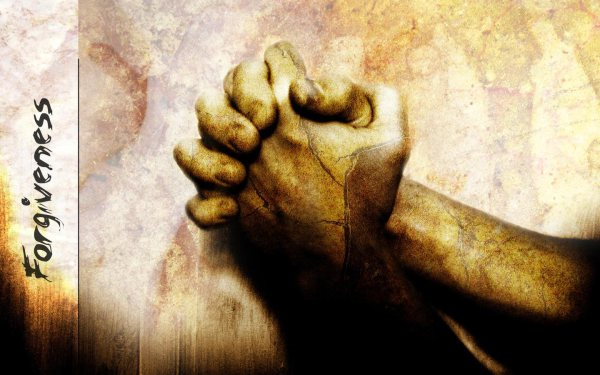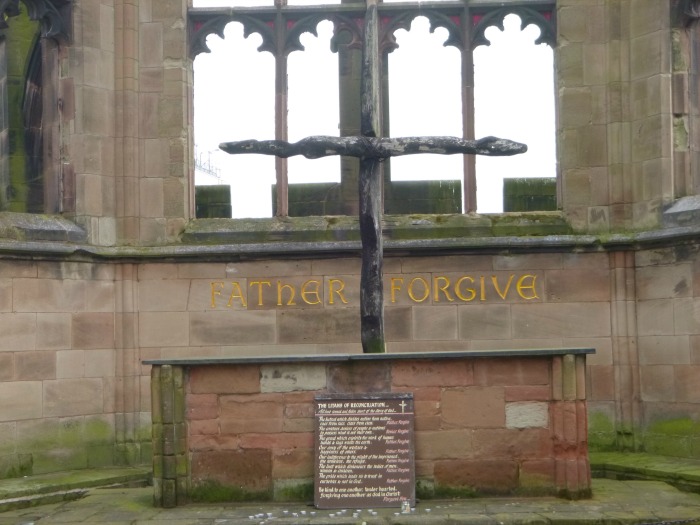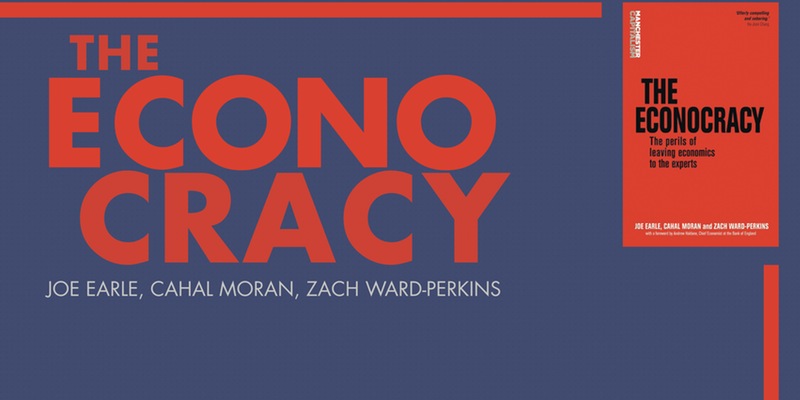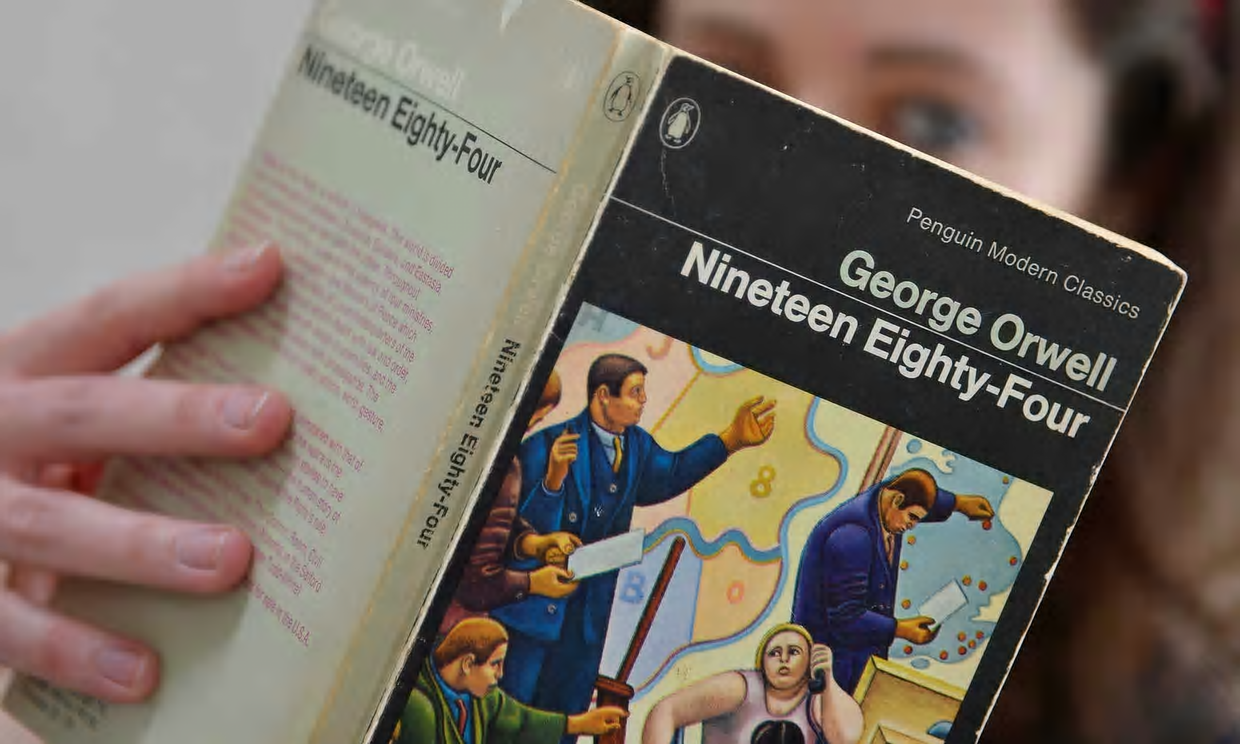- Details
- Written by: Kamran Mofid
- Hits: 4478
These days it is so easy to become numb, hopeless and helpless to the realities we face. We hear daily, or indeed, hourly, reporting of severe crises covering so many aspects of our lives, they even include our survival on the planet, our Mother Earth. Sometimes these crises seem larger than anything humans have ever seen before, at times so overwhelming.
Wherever we look, we see severe anger, frustration, alienation, despair, hopelessness, helplessness, lies, mistrust, injustice, conflicts and wars, terrorism, suicide bombers, killers everywhere.
So, what is there to be done? How can we come out of all these life-destroying crises?
Brexit? Donald Trump? Nationalism? Exceptionalism? Escapism? Populism?
No. I don’t think so! Anger and angry people have never changed the world for better. Here is a solution from ancient Wisdom: We need harmony, peacefulness, contentment, kindness, generosity, sympathy and empathy, which can only come possible by showing loving kindness, which ultimately is guided by forgiveness and reconciliation, mutual understanding, dialogue, acceptance and respect.
Forgiveness and Reconciliation: The Keystones of Human Values

Artist unknown-Photo: michiganpeaceteam.wordpress.com
Compassion and empathy grow from the seeds of understanding.
To develop understanding we need to develop our capacity to reflect...
And to reflect we will need to be able to remember. And to remember we will need to forgive. And to forgive we need to be able to reconcile. Thus, this is the path to transforming conflicts, bringing peace with justice and building a better world: compassion, empathy, reflection, remembrance, forgiveness and reconciliation.
A Fresh Start for 2017
“No matter how dark the night, morning always comes. And our journey begins anew.”- Anonymous
Nelson Mandela offered his philosophy of forgiveness after 27 years in prison. His words hold true for all:
“As I walked out the door toward the gate that would lead to my freedom, I knew if I didn’t leave my bitterness and hatred behind, I’d still be in prison.”
We should declare 2017 as “The Year of Global Forgiveness and Reconciliation”. Out of great crises, humanity has always borne beautiful visions. In 2017 we should all be guided by “Forgiveness and Reconciliation” to build the better world we are all hoping for.
This is why GCGI is calling on everyone to pause, reflect, and make 2017 the Year of Forgiveness and Reconciliation, so that, people, everywhere, become more conscious of the power of forgiveness and more aware of the numerous benefits of living a forgiving life.
There is no doubt in my mind that, as it has been said “The practice of forgiveness is our most important contribution to the healing of the world.”
There are many parts of our world that need healing today. Let us each take the steps of forgiveness that will create progress in this healing. It starts with each and every one of us.
Remember and Forgive. Reconcile and Let go. Move on and take action in the interest of the common good. Let us together create the world we are imagining and hoping for.
Forgiveness and Reconciliation: The Path to Conflict Transformation and Peace building

Coventry Cathedral-Photo: Anne Mofid
“In the past two decades there has been a significant and increasing focus on forgiveness and reconciliation in societies coming out of conflicts and wars. In the previous decades, these concepts were the domain of philosophers and theologians but have become increasingly linked to questions of socio-political transition in post- conflict countries and regions.
Consequently, the concepts of forgiveness and reconciliation have now fallen under the academic microscope, research and investigation, as well teaching.
This was not the case in the 1990s. The academic interest in these topics was in its infancy. Moreover, to the best of my knowledge, there existed no formal academic centre/s at British universities- or elsewhere for that matter- dedicated solely to the study of forgiveness and reconciliation.
Those who have read 'Coventry and I: The story of a boy from Iran who became a man in Coventry' know that things started to change in 1996, when The Centre for the Study of Forgiveness and Reconciliation was co-founded and established at Coventry University”: -Continue to read
- Details
- Written by: Kamran Mofid
- Hits: 2434

"Today's neoclassical economist is an emperor with no clothes who's fooled us all long enough."
Photo: transitionvoice.com
I knew I had seen something good, when I noted the revolt of the students of economics at Manchester University against the hypocrisy, arrogance, and the irrelevance of what they were being taught by their out of touch lecturers, divorced from the real world and real everyday life and values.
This is how in 2013 I commended their timely and valuable action:
“What wonderfully good news! Once again, another group of brave students of economics at a university have risen against the “dismal science” and the madness of the neo-clasical economics, its ways and its teachings.”
Now, three of their founding members, Joe Earle, Cahal Moran and Zach Ward-Perkins – have set out in full their case for the reform of academic economics and society’s relation with economics more generally, in a recent book, The Econocracy: The perils of leaving economics to experts.

Photo credit: RETEACHING ECONOMICS
“The Econocracy makes three big arguments. First, economics has shoved its way into all aspects of our public life. Flick through any newspaper and you’ll find it is not enough for mental illness to cause suffering, or for people to enjoy paintings: both must have a specific cost or benefit to GDP. It is as if Gradgrind had set up a boutique consultancy, offering mandatory but spurious quantification for any passing cause.
“Second, the economics being pushed is narrow and of recent invention. It sees the economy “as a distinct system that follows a particular, often mechanical logic” and believes this “can be managed using a scientific criteria”. It would not be recognised by Keynes or Marx or Adam Smith.
“In the 1930s, economists began describing the economy as a unitary entity. For decades, Treasury officials produced forecasts in English. That changed only in 1961, when they moved to formal equations and reams of numbers. By the end of the 1970s, 99 organisations were generating projections for the UK economy. Forecasting had become a numerical alchemy: turning base human assumptions and frailty into the marketable gold of rigorous-seeming science.
“By making their discipline all-pervasive, and pretending it is the physics of social science, economists have turned much of our democracy into a no-go zone for the public. This is the authors’ ultimate charge: “We live in a nation divided between a minority who feel they own the language of economics and a majority who don’t.”
“The most devastating evidence in this book concerns what goes into making an economist. The authors analysed 174 economics modules for seven Russell Group universities, making this the most comprehensive curriculum review I know of. Focusing on the exams that undergraduates were asked to prepare for, they found a heavy reliance on multiple choice. The vast bulk of the questions asked students either to describe a model or theory, or to show how economic events could be explained by them. Rarely were they asked to assess the models themselves. In essence, they were being tested on whether they had memorised the catechism and could recite it under invigilation.
“Critical thinking is not necessary to win a top economics degree. Of the core economics papers, only 8% of marks awarded asked for any critical evaluation or independent judgment. At one university, the authors write, 97% of all compulsory modules “entailed no form of critical or independent thinking whatsoever”.
“The high priests of economics still hold power, but they no longer have legitimacy. In proving so resistant to serious reform, they have sent the message to a sceptical public that they are unreformable. Which makes The Econocracy a case study for the question we should all be asking since the crash: how, after all that, have the elites – in Westminster, in the City, in economics – stayed in charge?”-Continue to read
The Econocracy is published by Manchester University. To order a copy click HERE
- Details
- Written by: Kamran Mofid
- Hits: 1695
George Orwell’s Nineteen Eighty-Four has seen a surge in popularity since Brexit and the election of Donald Trump, but other dystopian works of fiction are available.

‘Nineteen Eighty-Four is about a particular kind of dystopian state: an authoritarian Stalinist future-Britain.’
Photo: the guardian.com
Here, I wish to offer two books that are, in my view, spot on Why Brexit, Trump and Populism
